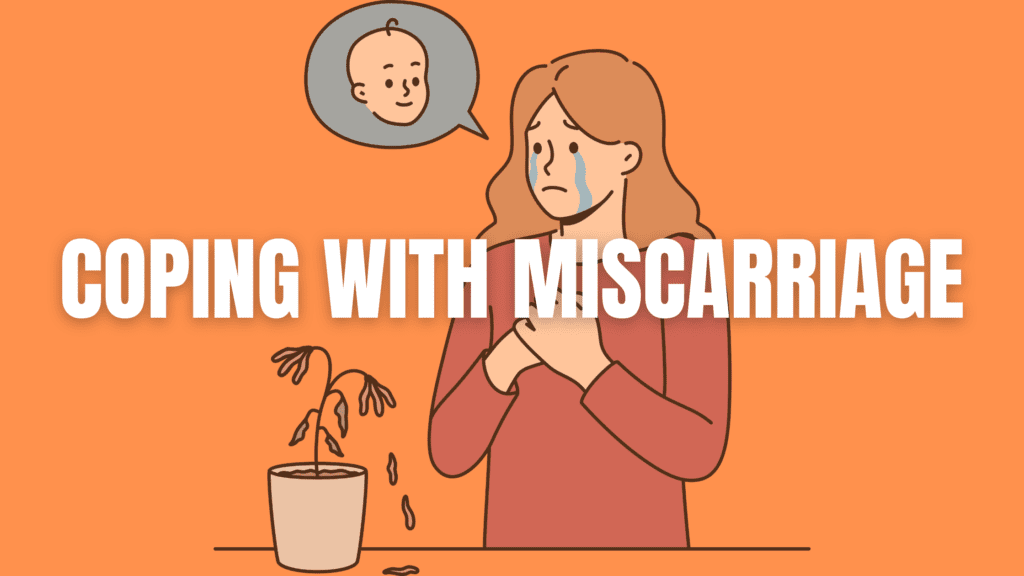Losing a pregnancy is one of the hardest things a person can go through. The pain is deep, and the emotions can feel overwhelming. Whether you have experienced one miscarriage or multiple, know this, your pain is valid, your grief is real, and you are not alone.
If you are struggling after a miscarriage, here is a guide to help you heal both emotionally and physically. There is no perfect way to grieve, but there is support, hope, and a way forward.
Healing Emotionally
1. Allow Yourself to Grieve
There is no right or wrong way to grieve a miscarriage. You may feel sadness, anger, guilt, confusion, or even numbness. All of these feelings are normal.
Give yourself permission to feel whatever comes up. Cry if you need to. Write in a journal. Talk to someone you trust. Healing takes time, and there is no rush.
2. Talk About Your Feelings
You don’t have to go through this alone. Share your thoughts and emotions with your partner, a close friend, or a support group. If talking is difficult, consider writing a letter to your baby, even if you never send it.
Grief shared is grief lightened.
3. Lean on Your Partner (or Support System)
If you have a partner, they are grieving too. Everyone processes loss differently, and they may not express their emotions the same way you do.
Talk to each other. Be patient. Hold each other. If you are facing this alone, lean on family, friends, or a trusted therapist.
4. Don’t Blame Yourself
One of the hardest parts of miscarriage is the feeling of “what if?” But please hear this: It is NOT your fault. Most miscarriages happen due to genetic or medical reasons beyond anyone’s control. Be kind to yourself. Your body is not broken. You are not to blame.
5. Find a Support Group
There are many support groups where people share their experiences and feelings. Whether in person or online, connecting with others who have gone through the same loss can bring comfort and understanding.
6. Consider Therapy
If the grief feels too heavy to carry alone, a therapist who specializes in pregnancy loss can help. Therapy provides a safe space to express your emotions and develop coping strategies.
Healing Physically
1. Give Your Body Time to Recover
Your body has gone through a lot. Depending on how far along you were, physical recovery may take a few weeks. You may experience bleeding, cramping, and fatigue.
Listen to your body. Rest when you need to. Eat nourishing foods. Drink plenty of water. Be gentle with yourself.
2. Follow Up with Your Doctor
It’s important to check in with your doctor after a miscarriage to ensure your body is healing properly. They can also answer any questions you have about future pregnancies or any underlying health concerns.
3. Take It Slow
Your body and heart need time to heal. Don’t rush into trying again if you’re not emotionally or physically ready. Give yourself grace. When the time is right, you will know.
4. Practice Self-Care
Taking care of yourself is not selfish. It’s necessary. Do things that bring you comfort – a warm bath, a walk outside, reading a book, or spending time with loved ones. Small acts of kindness to yourself can make a big difference.
Moving Forward with Hope
Right now, it may feel like the pain will never end. But healing will come, little by little, day by day. You will find strength in places you never expected.
Your story is not over. Whether you choose to try again, explore other paths to parenthood, or simply take time to heal, know this – you are worthy of love, happiness, and hope.
You are not alone. You are stronger than you think. And you will find joy again. 💙
If you or someone you love is struggling after a miscarriage, reach out. There is help, there is support, and there is always hope.

